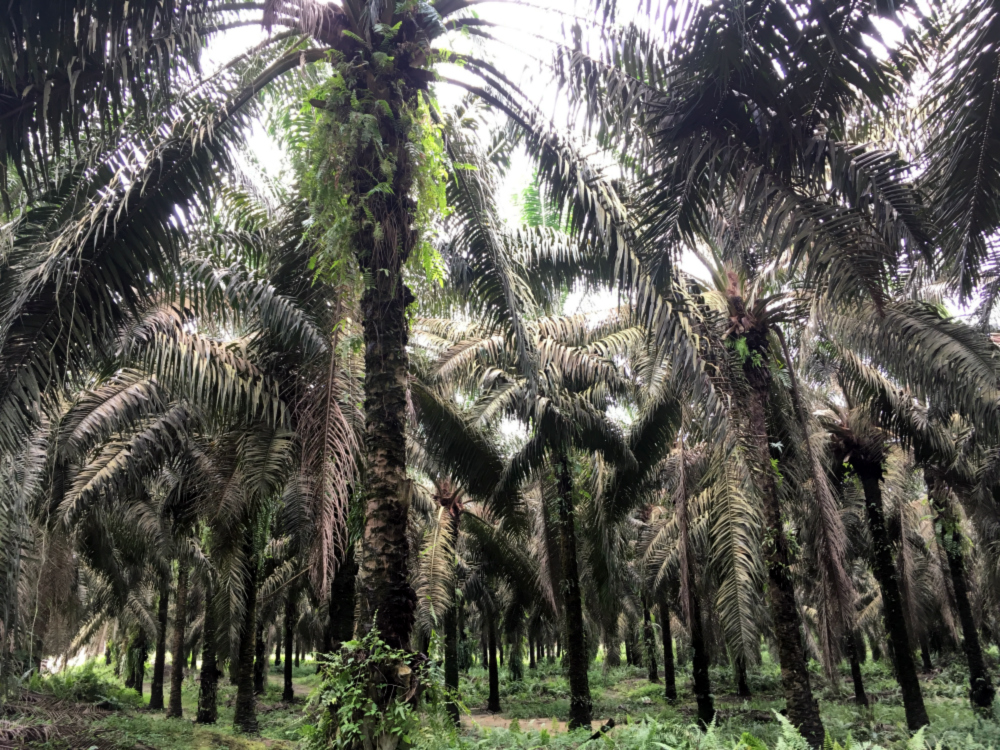How does RSPO certification support the implementation of zero deforestation palm oil in Indonesia?
20 Dec 2017

The Roundtable on Sustainable Palm Oil (RSPO) achieved a significant milestone recently, with 20% of global palm oil production certified by RSPO in 2017. Questions remain, however, concerning just how much RSPO certification conserves tropical forest and prevents peat land conversion and fires.
A recent study published in the Proceedings of the National Academy of Sciences sheds some light on how voluntary certification addresses these impacts.
The study shows that RSPO certification reduced but did not eliminate deforestation. It was found that certified plantations in Indonesia conserved at least 21 square kilometres of forests that would otherwise have been legally deforested.
The authors found that some levels of deforestation and fire occurred in certified plantations before and after certification. However, RSPO-certified plantations had lower deforestation and fire rates compared to non-certified plantations. No differences in extent of peat development were observed.
Most previous efforts by scientists to quantify deforestation levels in certified plantations were constrained by data scarcity, including certified plantation location data. Using publicly available plantation audit reports, they digitized plantation boundaries and combined this with deforestation maps derived from satellite images between 2000 and 2015. The study applied statistical analyses to compare and contrast past and future trends, controlling for different local conditions such as elevation and proximity to roads.
The authors of the study, which includes a member of the Daemeter team, make several closing points: (a) that RSPO needs to expand its membership to reach more members of the palm oil industry; (b) that RSPO needs to expand its technical and resource capacity to monitor and eliminate deforestation and peat development from RSPO member plantations, and (c) that removing policy barriers to improving these impacts will be needed in the long term.
For the complete publication, see here. Gary Paoli of Daemeter advised study approaches, contributed writing and practical perspectives throughout the study period.
